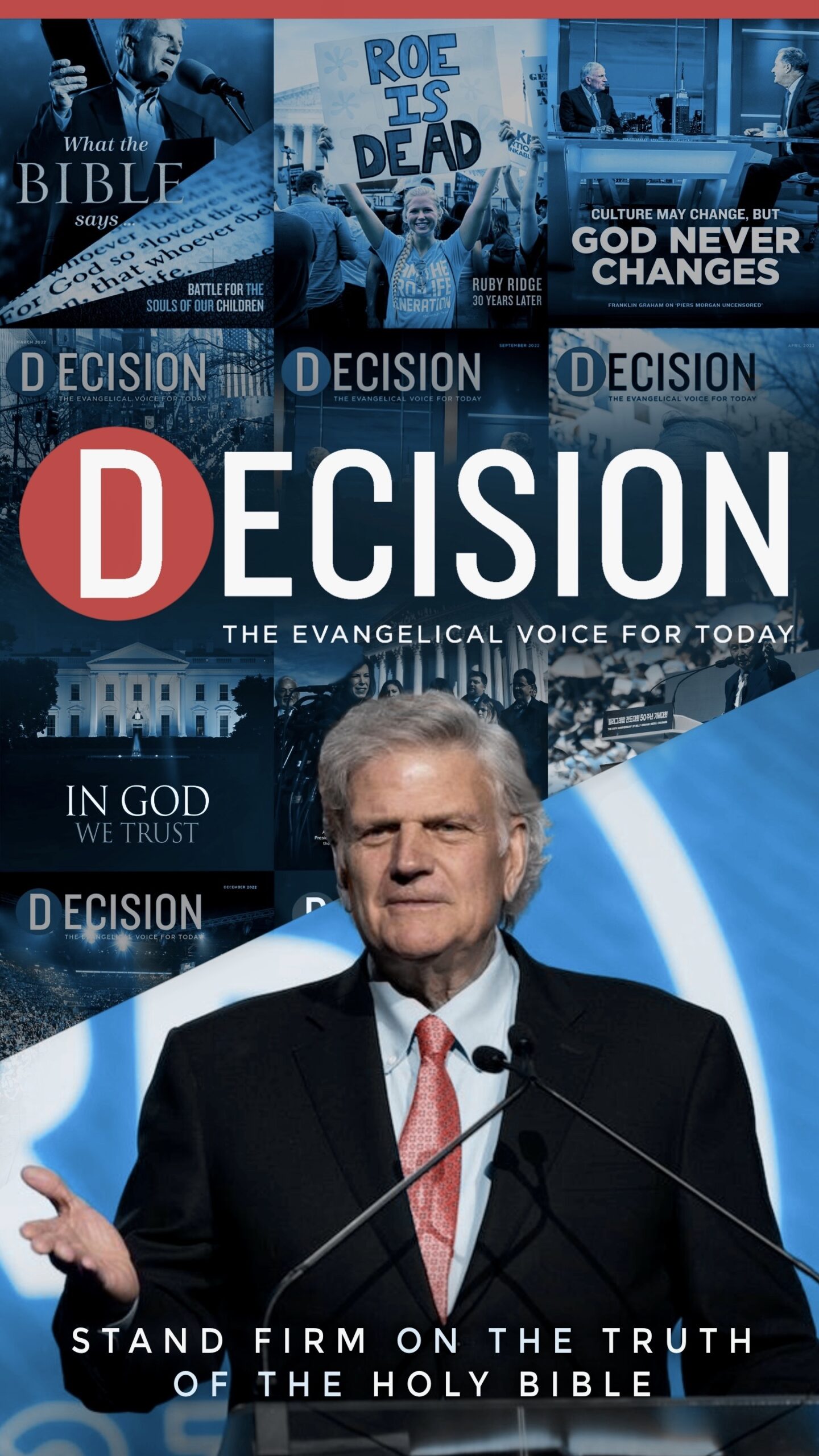Jerusalem is abuzz with jubilant anticipation. As Jesus nears the city gate, multitudes loudly proclaim, “Blessed is he who comes in the name of the Lord.”
Yes, it’s Palm Sunday weekend, but the above scene awaits the future fulfillment of Jesus’ words in Matthew 23:37-39: “O Jerusalem, Jerusalem, the city that kills the prophets and stones those who are sent to it! How often would I have gathered your children together as a hen gathers her brood under her wings, and you were not willing! See, your house is left to you desolate. For I tell you, you will not see me again, until you say, ‘Blessed is he who comes in the name of the Lord.’”
The Lord’s prophetic words came after His triumphal entry in Jerusalem, as recorded in Matthew 21:1-11, and immediately followed His pronouncement of judgment on the Scribes and Pharisees, who typified Israel’s rejection of their Messiah (Matthew 23:1-36). His words, “your house is left to you desolate (Matthew 23:38),” signified the dismal future of the nation and the Land.
Desolation
With the clarity of hindsight, we understand that Jesus’ prophetic words of the desolation began after AD 70 and continued into the twentieth century. The word for “desolate” in the Greek depicts a desert wilderness, a land deprived of care.
In 1867, Mark Twain journeyed to Israel. His description of the Land at the time provides dramatic evidence of the fulfillment of Jesus’ words: “The further we went the hotter the sun got, and the more rocky and bare, repulsive and dreary the landscape became…. There was hardly a tree or a shrub any where. Even the olive and the cactus, those fast friends of a worthless soil, had almost deserted the country.”
Of course, much has changed since then. With Israel once again a nation, the once barren places in the Land now flourish with vibrant vegetation, as but a preview of what’s to come when Jesus revitalizes Israel’s land when He reigns over Israel and all the nations of the earth.
Jesus’ Return to Jerusalem
Reflecting back on what had happened a few days ago, Jesus looked forward to the time when a throng of worshippers in Jerusalem would again greet Him with words from Psalm 118:25-26, “Hosanna to the Son of David! Blessed is he who comes in the name of the Lord!” (see also Matthew 21:9). Though sorrowful for the future of Jerusalem and His people, He looked forward to the time when the cries of the people would not later change to chants of “Crucify him.”
Jesus will someday return to a truly repentant Israel, remorseful of their rejection of Him (see Zechariah 12:10-13:1). Their suffering during the latter years of the Tribulation period (Zechariah 13:8-9) will not only change the hearts of the Jewish people but also result in a gleeful welcoming of Christ into Jerusalem. The outcome on this future day will be far different than what happened after Jesus’ first triumphal ride into the city; it will lead to the restoration of a glorious kingdom for Israel.
King Over All the Earth
Aware of how His earlier ride into Jerusalem fulfilled the words of Zechariah 9:9, Jesus likely remembered the prophet’s words recounting the time when He would reign as King “over all the earth” (14:9; 16-21) after His future triumphal entry into the city. Of particular interest in this text is the resumption of the yearly celebration of the Feast of Booths, or Tabernacles, during this time (Zechariah 14:16-19).
In the Old Testament, this feast was a time of thanksgiving for a bountiful harvest as well as a reminder of when their ancestors wandered for forty years in the wilderness.
Could there be a connection between the Millennial celebration of this feast and the words that will greet the Lord when He enters Jerusalem to take His place on the throne of David? I believe there is.
In his commentary on Matthew, Irish writer and biblical scholar Adam Clarke (1762 – 26 August 1832) makes this connection when writing about the words that greeted Jesus on the first Palm Sunday:
Probably there is an allusion here to the custom of the Jews in the feast of tabernacles. During the first seven days of that feast, they went once round the altar each day with palm and other branches in their hands, singing HOSANNA: but on the eighth day of that feast, they walked seven times round the altar, singing the hosanna, and this was termed the hosanna rabba, the GREAT hosanna.
The link between the first century AD Feast of Tabernacles and Jesus’ triumphal entry into Jerusalem is that of the words of Psalm 118:25-26, “Hosanna to the Son of David! Blessed is he who comes in the name of the Lord! Hosanna in the highest!” (Matthew 21:9).
Jumping to the future, is it possible that the ongoing celebration of this feast during Jesus’ millennial reign will not only be a time of thanksgiving and worship of the One who resides, or tabernacles, with His people in Zion, but also serve as a reminder of Jesus’ second triumphal entry into the city? If so, the words of Psalm 118:25-26 would continually remind the people Israel of the day their messianic hopes became a reality.
Jesus’ words in Matthew 23:37-39 add prophetic significance to the first Palm Sunday because they tell us that He will again ride into Jerusalem amid shouts of “Blessed is he who comes in the name of the Lord!” The result, however, will be far different, as it will mark the beginning of a gloriously restored kingdom for Israel.
For us as New Testament saints, we know that our King will surely come for us just as He promised in John 14:2-3 and throughout the New Testament. After the Tribulation, we will return to the earth with our Savior and witness the jubilant scene on the streets of Jerusalem.



















